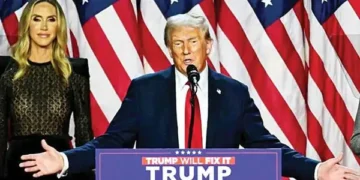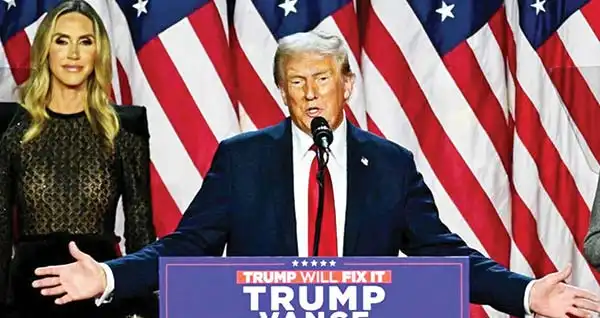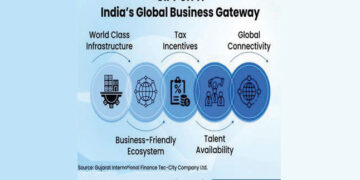Blitz Bureau
DEMOCRACY has prevailed. Liberal philosophies, open markets, free and fair elections, the death of feudalism, and the new possibilities, not realised for several centuries in many cases of decolonisation, of energised corporations, the excitement of being able to prove national talent and resolved in global, relatively open product and financial markets fired the imagination. Deng Xiaoping, coming to power in 1978. The Chinese set out to reimagine the Middle Kingdom, to remove centuries of national humiliation and exploitation by a host of European colonial powers and, like Meiji Japan, beat the West at its own game.
The aspirations of China were not singular. They were mirrored across many countries of the developing world: high growth, rising per capita incomes and consumption, a chance at higher education and new skills, travel abroad and breaking free from the shackles of family tradition and religious orthodoxy, was an irresistible cocktail of a life within reach of a rising class, not of factory workers or village farmers but of a rising, urban, educated middle class.
New business model
The political polarisation of the people across workers and capitalists had given way to the rise of a new style of business corporations, as John Kay points out. One in which middle managers, had increasing greater control. With the advent of financial liberalisation and the explosion of international capital movements, of highly mobile new digital tecno-firms on the one hand and the influence of petro-Ssates and their sovereign wealth funds, the levers of economic growth and development became increasingly complex and unpredictable.
These structural shifts in world economics and political thinking had several remarkable consequences. First, Marxist revolutions centred on class polarisation and conflict began to lose both their relevance and their appeal. Second, the 21st century became a period of unlimited income and wealth inequality. The plutocrats of the period, many owner-managers, continue to spawn a new type of non-national capital where capital, supply chains and services moves rapidly from one country to another. Third, continuous labour migration has served to widen ‘horizontal inequality’ that, as research by Frances Stewart, Paul Collier and many others shows, plants the seeds of social violence and armed conflict.
The mixture of labour migration and social dislocation, horizontal inequality and ethnic or religious resentments, and the impatience with monopolised markets, the political influence of techno money and social information have steadily divided the demos, not into a homogenous group called the people, but of ‘them’ and ‘us’. Strategies such as wide access to higher education, that had long seen to be the ladder for upward social mobilisation, ended up cementing existing patterns of income and social inequalities around the educated middle class. This especially disadvantaged racial, religious and ethnic divides that had been left at the lower rungs of the educational ladder.
Donald Trump has indeed won the 2024 US elections. The fact that he won it with the vaguest of political philosophies; MAGA is a slogan more like cheering on your favourite football team than a governing strategy, is itself instructive. The fact that he won it with an abusive vocabulary, with some unfathomable ‘weave’, with endless self-praise, by redefining facts to mean whatever we want them to mean, and by an incessant appeal to grievance, bitterness, and communal hatred contains a central lesson.
Maze of institutions
Yet, democracies are not just periodic ritual of multiparty elections. They are an interlinked maze of mutually functioning institutions, laws, conventions and beliefs. Simply focusing on consumption wants of the present, might win an election but it drains the life and the vitality of even the most robust democracies. It is not just that Trump has won. Far from making America Great Again, his presidency might well help to sharply accelerate international rivalry mutual distrust as others seek to make themselves ‘great again’ in an game of international roulette.
One thing is certain, there will be little need nor possibility of future elections as Trump has frequently pointed out. It is highly probable on the other hand that the thirst for greatness will need belittle us all.






























